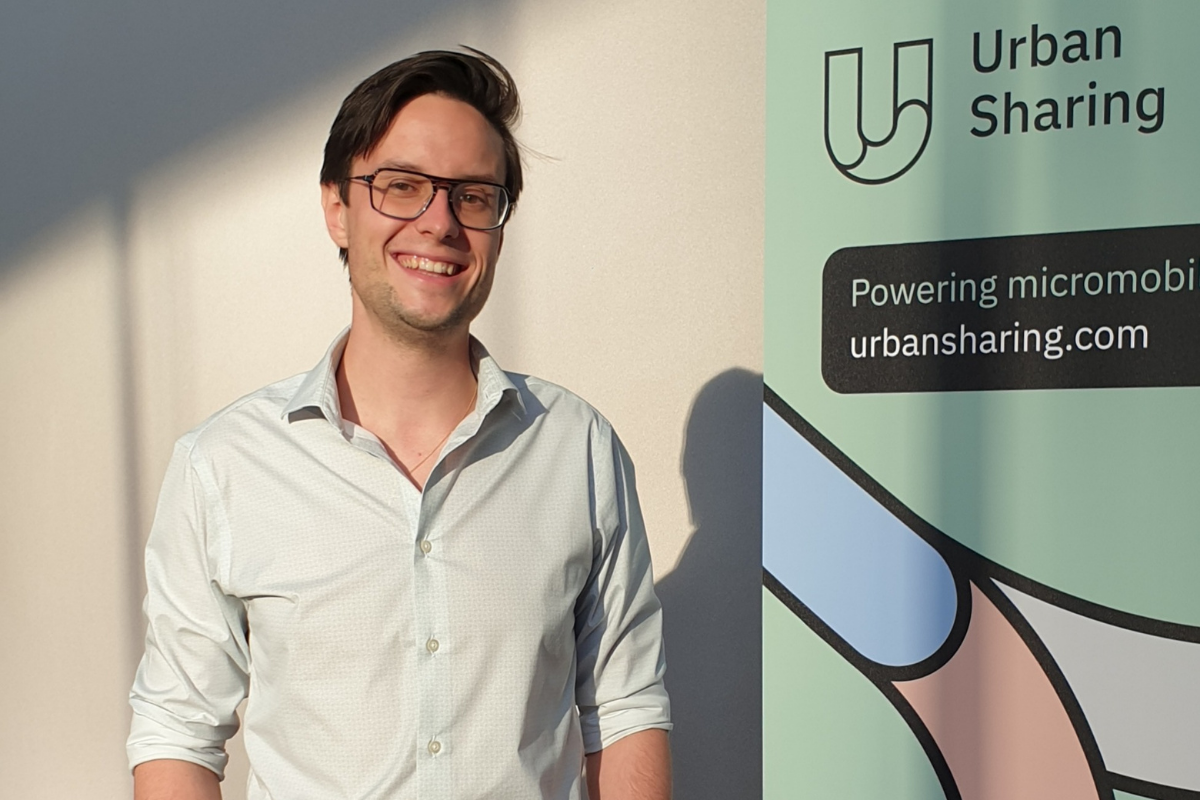Urban Sharing is a fleet management software platform for micro-mobility operators. With a focus on bike share, Urban Sharing provides actionable tools for staff and dispatchers to use in the daily operations of vehicles in a shared system. These actions are recorded into the database, which the Urban Sharing engines transform into valuable data that help operators as well as city authorities to make better decisions. The dashboards and analysis that are provided by Urban Sharing have been praised by its customers, many of them focusing on becoming multimodal by adding different vehicles to their fleets beyond bikes, a unique capability that the Urban Sharing platform allows for. The data and system is based on Google Cloud Platform, which allows for an incredible scalability, and is fully compliant with the European General Data Protection Regulation. Urban Sharing's headquarters are in Oslo, Norway.
- What are you most excited about for 2020?
We're mostly excited about the accelerated pedestrianisation and cycling infrastructure plans that cities around Europe - and across the globe - have been working on for years. New investments in cycling infrastructure will only help cities enjoy a safer and healthier environment while enabling intelligent transport systems as well as mobility-as-a-service. Bike sharing, as well as the rest of micro-mobility, will grow exceptionally due to the firm steps cities are doing to reduce car parking space - a win for all citizens and companies like our own. The next steps will be to create more data driven operations for a first class bike share service for the commuters of our cities. - What do you see as a major challenge in the cycling industry and how can CIE play a role in overcoming that challenge?
We believe that the cycling industry needs more advocacy and presence in the European institutions. Especially bike sharing, now that cities are implementing developments that will enable a more efficient use of the public space, where vehicles will communicate with each other and become a service rather than a commodity. Therefore, the industry and bike share need to focus on making the benefits of cycling be seen in Europe, favouring a real shift towards cycling in the commuting of our cities. - What/who in the cycling industry inspires you?
The amount of space that cities are getting back for the people to enjoy is the biggest motivation I have when it comes to building new things within the cycle industry space. We have achieved loads in the last few years, many with the decisive support of ECF and CIE, and to see those projects materialise into people actually using bikes on the streets, and perhaps even shifting from their private car to more sustainable modes of transport, that's the biggest inspiration for new relentless ideas of urban improvement. - Describe in 5 words how cycling is saving the world?
Saves money and burns fat.
